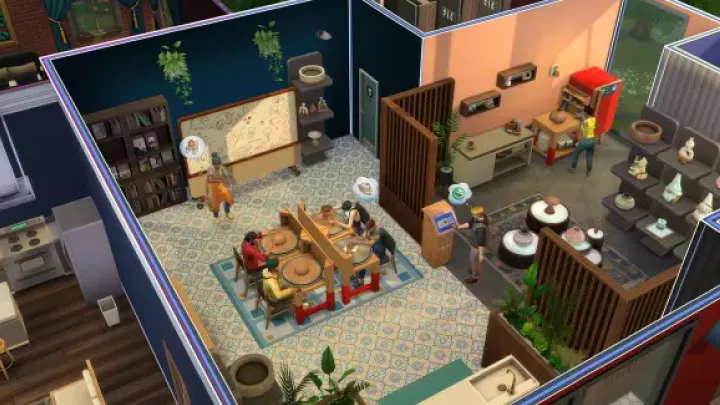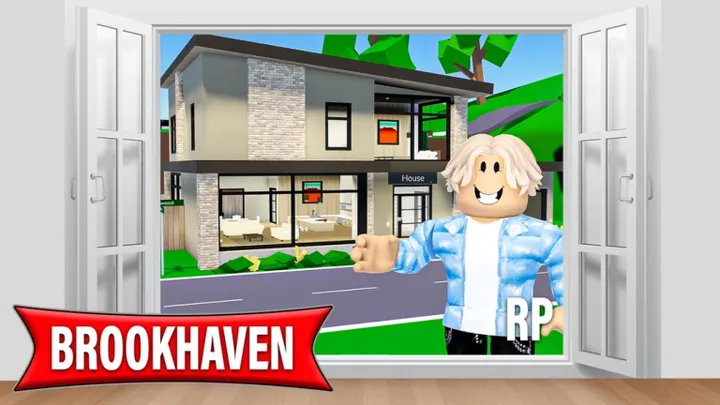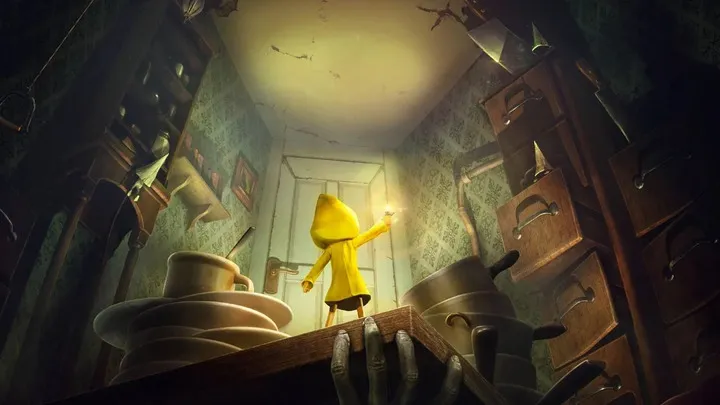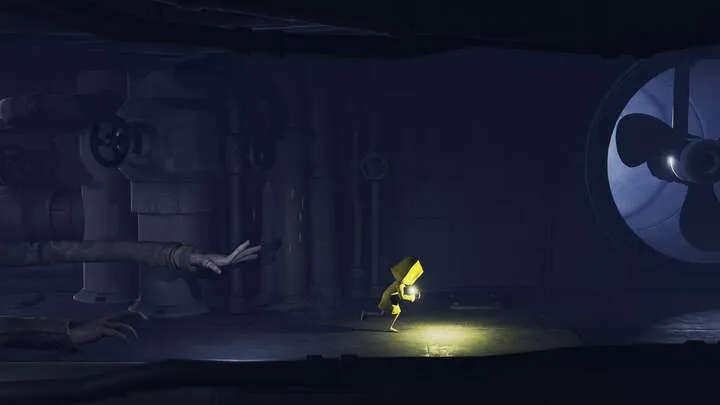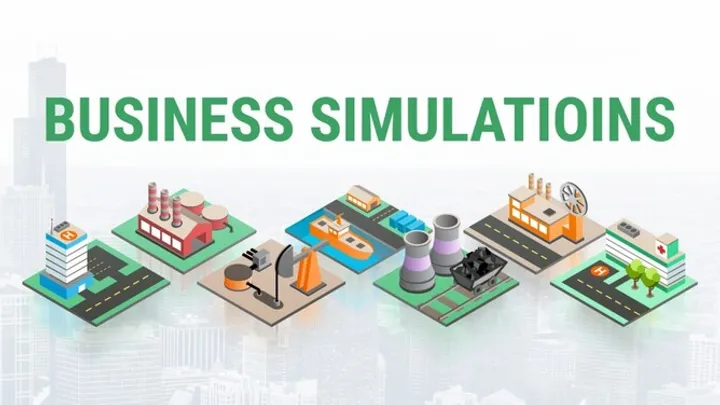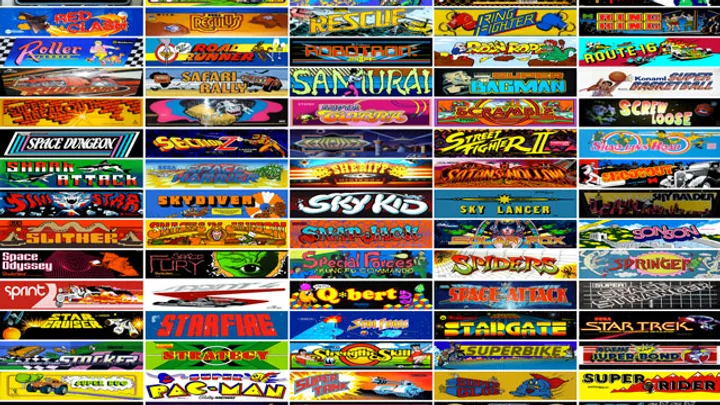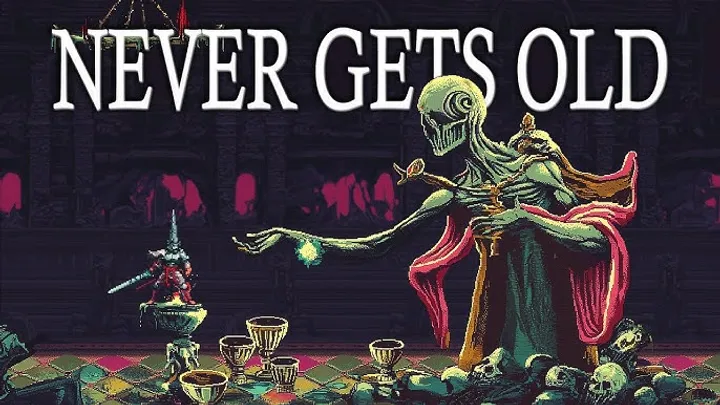
The Sims 4, released in 2014, revolutionized the life simulation genre by introducing a range of new mechanics that allowed players to create unique experiences for their Sims. One of the most significant features is the emotional system, which introduces moodlets that can drastically influence gameplay. While the emotional system adds depth and realism to the game, it has also sparked debates among players regarding its complexity and impact on gameplay strategies. This article will explore the mechanics of moodlets in The Sims 4, their effects on player experience, and the broader implications for gameplay and storytelling.
The Foundation of Emotions: Understanding Moodlets
What Are Moodlets?
Moodlets are short-term emotional states that affect a Sim's behavior, interactions, and performance in various activities. They are influenced by a range of factors, including social interactions, environment, and even specific objects.
The Types of Moodlets
The Sims 4 features a wide variety of moodlets, each representing different emotional states. These moodlets can be categorized into positive, negative, and neutral moodlets:
- Positive Moodlets: These enhance a Sim's abilities and interactions. Examples include "Happy," "Inspired," and "Flirty."
- Negative Moodlets: These can hinder a Sim's performance and lead to undesirable outcomes. Examples include "Sad," "Angry," and "Embarrassed."
- Neutral Moodlets: These have little to no impact on gameplay, serving as background emotions that do not significantly affect a Sim's actions.
The diversity of moodlets adds layers of complexity to gameplay, making each Sim's experience unique.
The Mechanics of Moodlets
How Moodlets Are Triggered
Moodlets can be triggered by a variety of events and interactions. For example, a Sim may become "Inspired" after viewing a work of art or "Embarrassed" after a social slip-up.
Duration and Stacking
Moodlets vary in duration and can stack, meaning a Sim can experience multiple moodlets simultaneously. This stacking can lead to interesting and sometimes chaotic gameplay scenarios.
- Short-Term Moodlets: These typically last for a few sim hours and can be easily influenced by immediate events.
- Long-Term Moodlets: Some moodlets can linger for days in the game, affecting a Sim's overall emotional state and decision-making processes.
Understanding how moodlets work allows players to manipulate their Sims' emotional states strategically.
The Impact of Moodlets on Gameplay
Emotional States and Skill Development
Moodlets significantly influence a Sim's ability to learn skills and perform tasks. For example, a Sim with a "Focused" moodlet will learn skills like programming or painting faster than a Sim in a neutral state.
Social Interactions and Relationships
Moodlets also play a crucial role in social interactions. A Sim in a good mood is more likely to have positive interactions, while a Sim in a bad mood might lash out or fail social cues.
- Romantic Interactions: Moodlets can enhance or hinder romantic pursuits. A "Flirty" moodlet can lead to successful romantic interactions, while an "Angry" moodlet can create tension.
- Friendship Dynamics: The emotional state of a Sim can affect friendships, leading to arguments or deepening connections based on mood.
These dynamics create a rich tapestry of social interactions that mirror real-life relationships.
The Complexity of Emotional Management
Balancing Emotions
While the emotional system adds depth, it also introduces complexity that players must navigate. Managing multiple Sims with different emotional states can become a juggling act.
Strategies for Managing Moodlets
Players have developed various strategies for managing moodlets to optimize gameplay. Here are some common tactics:
- Creating Positive Environments: Decorating homes with items that promote positive moodlets, such as artwork or plants.
- Social Interactions: Engaging in social activities that boost moodlets, like throwing parties or spending time with friends.
- Skill Building: Encouraging Sims to pursue skills that align with their current mood to maximize productivity.
These strategies highlight the importance of emotional management in gameplay, making it a central component of the experience.
Emotional Overload: The Downsides of Moodlets
The Challenges of Negative Moodlets
While moodlets can enhance gameplay, they can also lead to emotional overload. Negative moodlets can stack, resulting in a downward spiral that can be difficult to manage.
The Consequences of Bad Moods
When Sims experience prolonged negative moodlets, they may face various consequences:
- Job Performance: A Sim in a bad mood may struggle at work, leading to missed promotions or even job loss.
- Social Isolation: Negative moods can hinder social interactions, leading to strained relationships and loneliness.
These consequences add a layer of realism to the game, as players must navigate the emotional ups and downs of their Sims' lives.
The Role of Storytelling
Moodlets as Narrative Devices
The emotional system in The Sims 4 serves as a powerful narrative tool. Players can use moodlets to tell compelling stories and create dramatic arcs for their Sims.
Creating Compelling Narratives
Players often craft narratives around their Sims' emotional journeys. For example, a Sim may start with a "Happy" moodlet, face a series of setbacks, and ultimately overcome adversity, resulting in a powerful narrative arc.
- Character Development: Moodlets allow for complex character development, as players witness how their Sims respond to challenges and triumphs.
- Player Agency: The ability to influence a Sim's emotional state empowers players to shape their own stories, creating a unique gameplay experience.
This narrative potential enhances the overall engagement and enjoyment of the game.
The Community's Perspective
Player Reactions to Moodlets
The introduction of moodlets has elicited a range of reactions from the community. Some players appreciate the added complexity, while others find it overwhelming.
Balancing Complexity and Fun
Players often express a desire for a balance between emotional depth and gameplay enjoyment. While moodlets enhance realism, some feel that the system can become tedious.
- Feedback and Updates: The developers have taken player feedback into account when updating the game, striving to refine the moodlet system to better align with player preferences.
- Modding Community: The modding community has also stepped in, creating mods that alter the emotional system to suit different play styles.
These dynamics highlight the ongoing conversation within the community about the role of moodlets in gameplay.
The Future of Moodlets in The Sims Series
Evolving the Emotional System
As The Sims franchise continues to evolve, there is potential for further developments in the emotional system. Players anticipate enhancements that could streamline the experience while maintaining emotional depth.
Ideas for future updates could include:
- Enhanced Mood Management Tools: Features that allow players to manage moodlets more efficiently, reducing the burden of emotional management.
- Expanded Moodlet Types: Introducing new moodlets that reflect contemporary social issues, adding depth to the storytelling experience.
These innovations could further enrich the gameplay and narrative potential of the series.
The emotional system in The Sims 4, particularly the mechanics of moodlets, adds significant depth and complexity to the gameplay experience. While managing moodlets can sometimes feel overwhelming, they also provide players with powerful tools for storytelling and character development. As players navigate the emotional landscapes of their Sims, they engage in a rich tapestry of experiences that mirror the complexities of real life. The ongoing dialogue within the community about the emotional system underscores its importance and potential for growth in future iterations of the franchise.